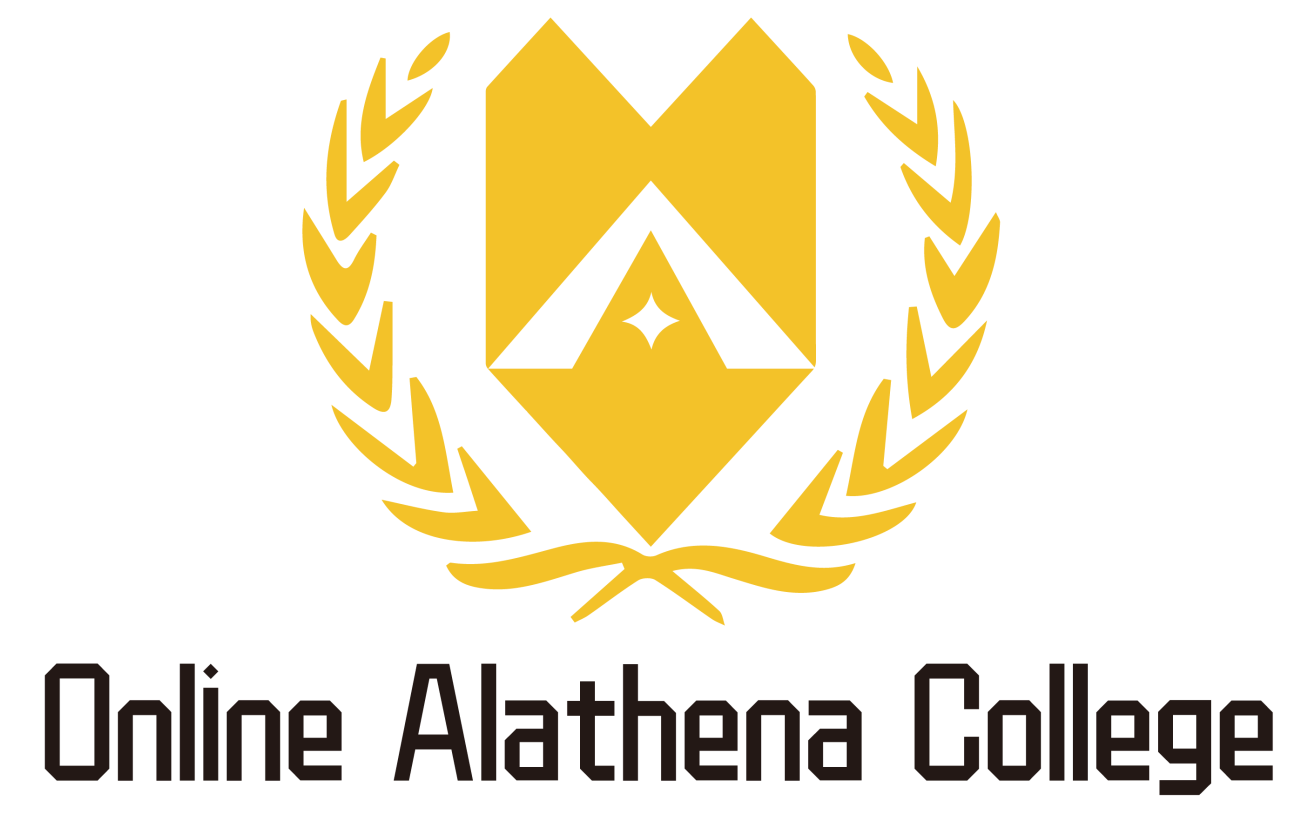Course Description
This course traces major developments and events in world history since approximately 1450. Students will explore
social, economic, and political changes, the historical roots of contemporary issues, and the role of conflict and
cooperation in global interrelationships. They will extend their ability to apply the concepts of historical thinking and the
historical inquiry process, including the interpretation and analysis of evidence, as they investigate key issues and ideas
and assess societal progress or decline in world history.
Write your awesome label here.
Institutions Challenged
- How has the historiography of exploration and trade during this period changed over time?
- How do we know what we know about the people who lived during this time?
- What does the art and architecture of different societies tell us about their values and beliefs?
- Which new ideas and theories from this period continue to have an impact on the world today?
- How did science contribute to change during this period?
Revolutions and Transitions
- What criteria would you use to judge the long-term impact of European exploration on indigenous peoples around the world?
- Why did some countries react to the increase in global interactions with isolationist policies?
- How did colonial policies help shape events and developments around the world at this time?
- How do they continue to play a role in the world today?
- Why might some groups and individuals challenge the status quo?
War & Revolution
- How did various groups and countries respond to colonial policies?
- What lay behind the formation of various social reform movements around the world during this period?
- To what extent were the social, political, and economic ideas of this time a continuation of or a departure from earlier ones?
- What was the impact of nationalism during this period?
The World Today
- How do we deal with competing rights?
- Why might some people and countries fear globalization?
Overall Curriculum Expectations
A. Historical Inquiry and Skill Development
- A1. Historical Inquiry: use the historical inquiry process and the concepts of historical thinking when investigating aspects of world history since the fifteenth century;
- A2. Developing Transferable Skills: apply in everyday contexts skills developed through historical investigation, and identify careers in which these skills might be useful.
B. The World, 1450–1650
- B1. Social, Economic, and Political Context: analyze key aspects of social, economic, and political systems and structures in various regions of the world between 1450 and 1650;
- B2. Communities, Conflict, and Cooperation: analyze relations between different groups in various regions of the world from 1450 to 1650 and how various factors affected these relations;
- B3. Identity, Citizenship, and Heritage: analyze, with reference to the contributions of specific individuals, ways in which ideas, values, and artistic production affected the development of identity, citizenship, and/or heritage in various societies between 1450 and 1650.
C. The World, 1650–1789
- C1. Social, Economic, and Political Context: analyse key social, economic, and political issues, trends, and/or developments in various regions of the world between 1650 and 1789;
- C2. Communities, Conflict, and Cooperation: analyse interactions between different groups in various regions of the world from 1650 to 1789 and how various forces/ factors affected those interactions;
- C3. Identity, Citizenship, and Heritage: analyse how political, social, economic, religious, and cultural ideas and practices in various regions of the world between 1650 and 1789 contributed to the development of identity, citizenship, and/or heritage
D. The World, 1789–1900
- D1. Social, Economic, and Political Context: analyse the impact of key social, economic, and political issues, trends, and/or developments in various regions of the world between 1789 and 1900;
- D2. Communities, Conflict, and Cooperation: assess how war, revolution, reform, and other forces affected societies in various regions of the world between 1789 and 1900;
- D3. Identity, Citizenship, and Heritage: analyse how new ideas and other cultural, social, and political developments affected the development of identity, citizenship, and/or heritage in societies in various regions of the world between 1789 and 1900
E. The World since 1900
E1. Social, Economic, and Political Context: analyse the significance of various social, economic, and political policies, developments, and ideas in various regions of the world since 1900;
E2. Communities, Conflict, and Cooperation: analyse interactions between various groups since 1900 and how key individuals and social, economic, and political forces have affected those interactions;
E3. Identity, Citizenship, and Heritage: analyse the development of the rights, identity, and heritage of different groups around the world since 1900.
E2. Communities, Conflict, and Cooperation: analyse interactions between various groups since 1900 and how key individuals and social, economic, and political forces have affected those interactions;
E3. Identity, Citizenship, and Heritage: analyse the development of the rights, identity, and heritage of different groups around the world since 1900.

